Tensions escalate as the United States vehemently opposes the Iran-Pakistan gas pipeline project, sparking diplomatic discord between the neighboring nations. In a report by Iran International on Friday, the Biden administration issued a direct threat of sanctions on Pakistan should the gas export agreement proceed.
Donald Lu, US Assistant Secretary of State for South and Central Asia, made the administration's stance clear during a congressional hearing in Washington. He emphasized Washington's efforts to thwart the construction of the Iran-Pakistan gas pipeline (IP) project, expressing concern over Pakistan's burgeoning ties with Iran.
Lu underscored the significance of monitoring the project's financing, highlighting the potential ramifications for international companies involved. Despite the persistent US sanctions on Iran's energy sector, Pakistan has not sought concessions from the US to purchase gas from Iran, further escalating tensions.
According to Lu, the US contends that the project would not serve Pakistan's interests, as international financing remains elusive. The announcement comes in the wake of Pakistan's recent approval of an 80 km pipeline extension from the Iran-Pakistan border to the Gwadar port, a crucial step towards project implementation.
The IP pipeline project, initially signed over a decade ago, has faced delays amid fears of US reprisals. While the Iranian portion of the pipeline stands ready, Pakistan's commitment to the project has been met with US resistance.
Perstoday, an Iran-based media outlet, reported that the project's commencement was announced by the Pakistan government last month. Despite the long-standing bilateral agreement, Pakistan's reluctance to proceed has been palpable, driven by apprehensions of US sanctions.
The deepening diplomatic ties between Iran and Pakistan, facilitated by China and Russia, have further complicated the situation for Washington. As one of the United States' oldest allies in the region, Pakistan's pivot towards Iran presents a diplomatic challenge for US policymakers, exacerbating tensions in an already volatile geopolitical landscape.



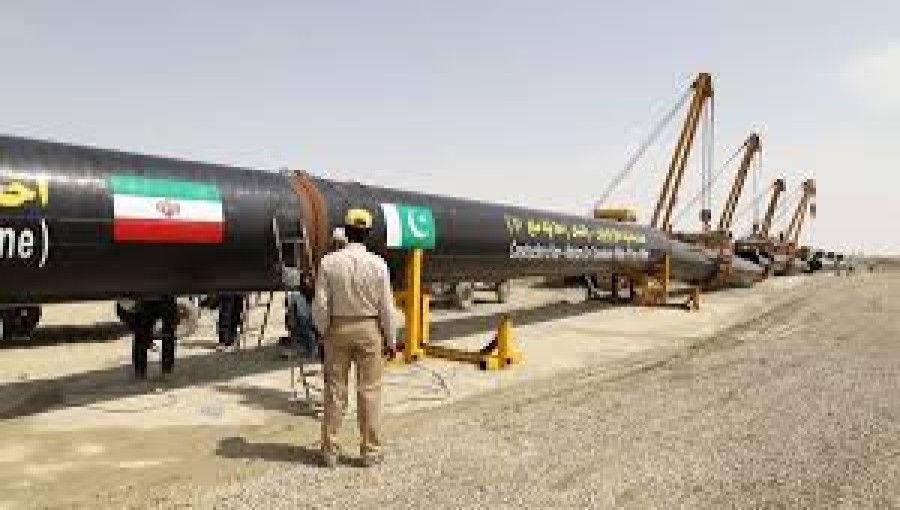


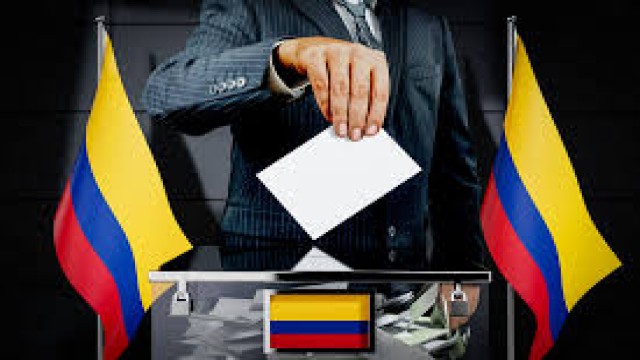
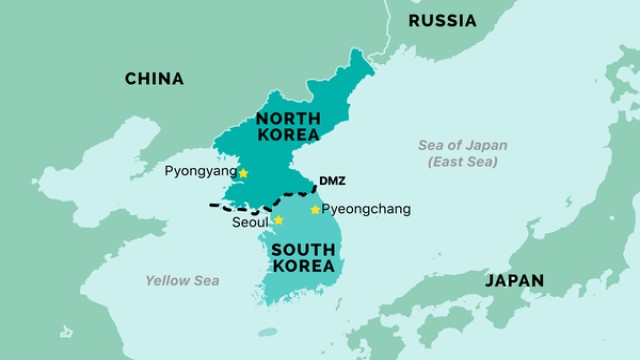
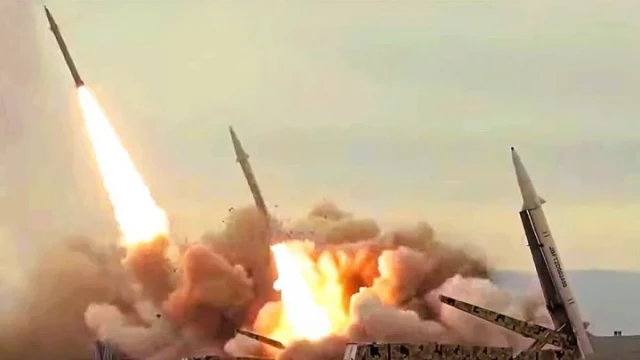
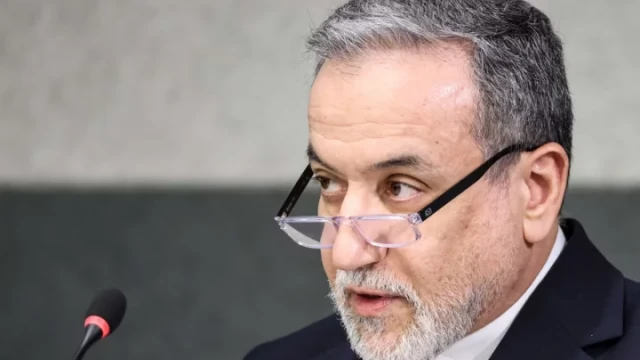

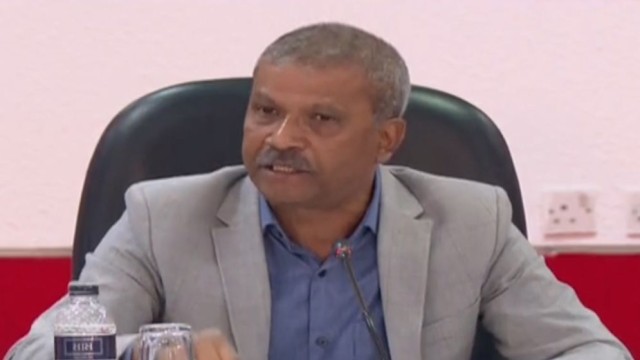















Comment: